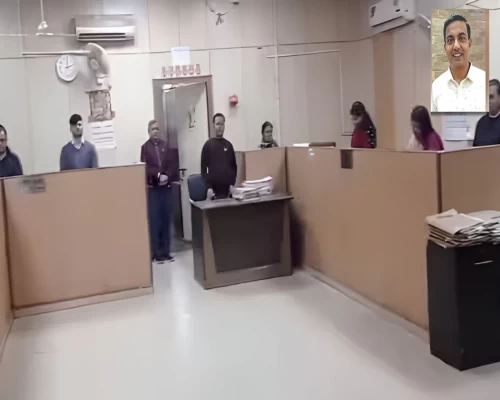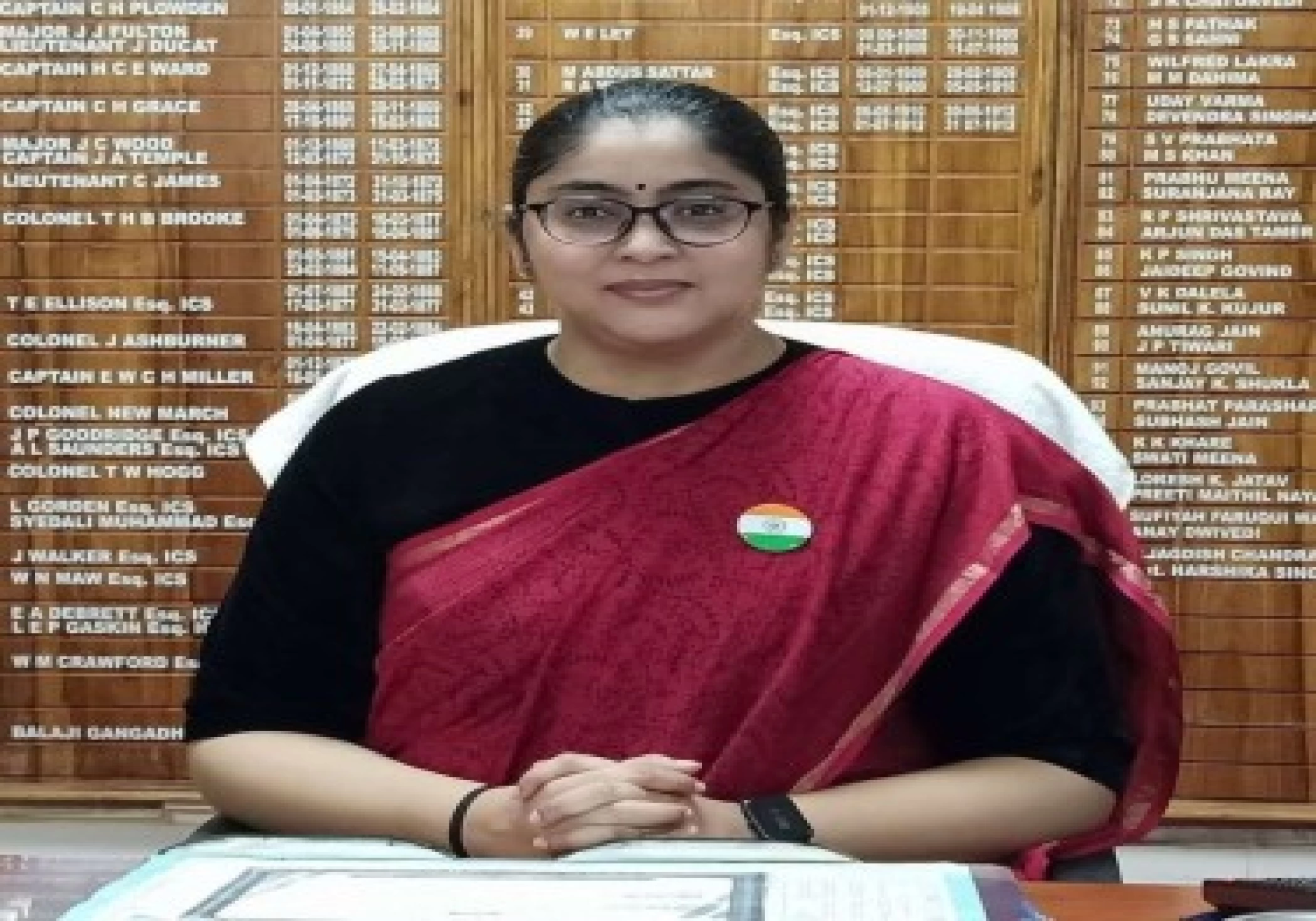
New Delhi: It is not an ordinary feat but not a big surprise as she deserved it! Meet dynamic IAS officer and District Collector of Mandla, Madhya Pradesh, Harshika Singh, 2012 batch IAS officer, whose thought-provoking article – Life After LSE – has appeared in the latest issue of Alumni Newsletter of Department of Economic History, London School of Economics!
“It is a great honour to me, an achievement which I will cherish forever. I owe a lot to Economics and LSE,” says Harshika Singh, who has done MSc Economics from LSE’s Department of Economic History. She passed out from the world’s seat of learning in 2009, and joined Indian Civil Services in 2012.
Though her article veers around how lessons from the classroom proved useful during her work with tribal groups in Tikamgarh, the very first line shows her love and determination to serve the nation – “After graduation, I decided to return back to my motherland and serve my nation.”
Today, she is a proud LSE alumna who is bravely experimenting and living all the theories and learning of her various economic history modules in her chosen field of public service delivery in the world’s largest democracy.
“My almost decade-long stint in the Indian Civil Service has given me an opportunity to relive and experiment with various theories of Economic History in a real sense. I have had good deal of exposure to working in tough geographical terrain and living amidst the local indigenous tribal peoples, including primitive vulnerable tribal groups,” writes Harshika.
Talking about migration, she reflects: “As a Civil Servant, I witnessed migration from tribal areas to most of the developed regions of the country, pulled mostly on account of economic needs. This poses a challenge for me as an administrator to counter this push and pull factor by ushering in economic growth, thereby leading to the turnaround of the economic wheel of needs.”
Sharing her LSE learning moments, Harshika admits that “the books I read for hours at a time on social and tribal economic interactions in the LSE library paid off for real during field implementation! At Passfield Hall, dinner conversations often dwelled on the stages, phases and aspects of economic development.”
Development is a multi-pronged planning and implementation process. “As an administrator in the field, I realised early on that it is very important to improve the quality of social factors, which are actually the sine qua non for the development of a region.”
Talking about her Tikamgarh experience where she served as District Collector, Harshika writes: “In one Gram Panchayat (the basic unit of administration) of the district that we visited, we were shocked to see that a typical married woman was bearing between 6-11 female children, all because of the need, or desire, for a male child. It was apparent to me that these womenfolk were unaware of what this was doing to their body and subsequently to their lives.”
As a true administrator and determined to make a positive difference in people’s life, Harshika opts for a social experiment in the form of ‘Project Gyanalaya’ where educated daughters and daughters-in-law can offer support and teach the basic fundamentals of literacy and numeracy to illiterate women from the same geographical space.
“This voluntary social ‘by the women, for the women’ experiment soon succeeded and other all women schools flourished. This helped in improving female literacy in a very short span of time thereby leading to visible impacts on the social factors of development.”
What motivated her for this one-of-a-kind experiment? “My international exposure at LSE gave me the opportunity to unleash my potential and the moral courage to provide a platform for all other women to explore and understand their potential capabilities.” /BI/




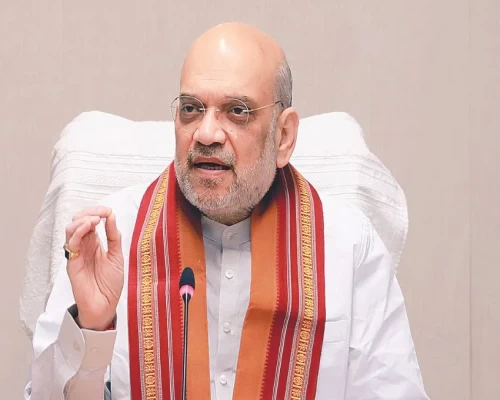
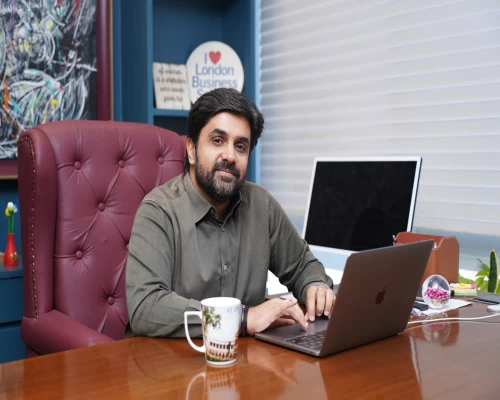

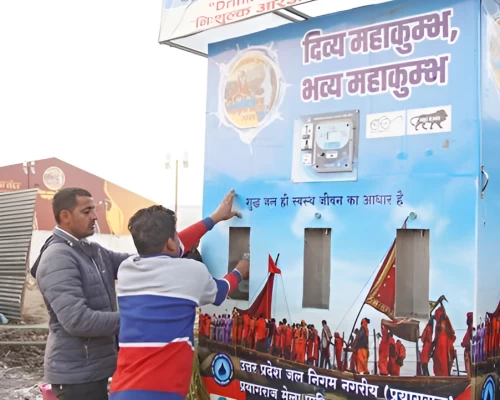

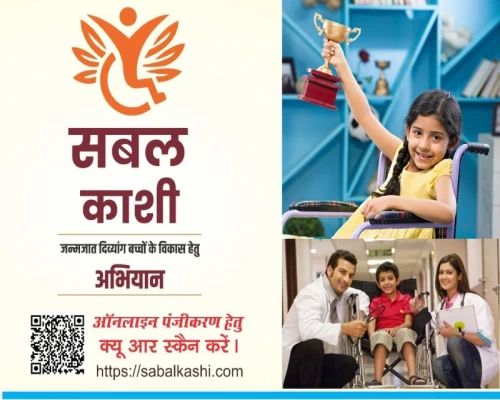

_500_x_400.webp)
